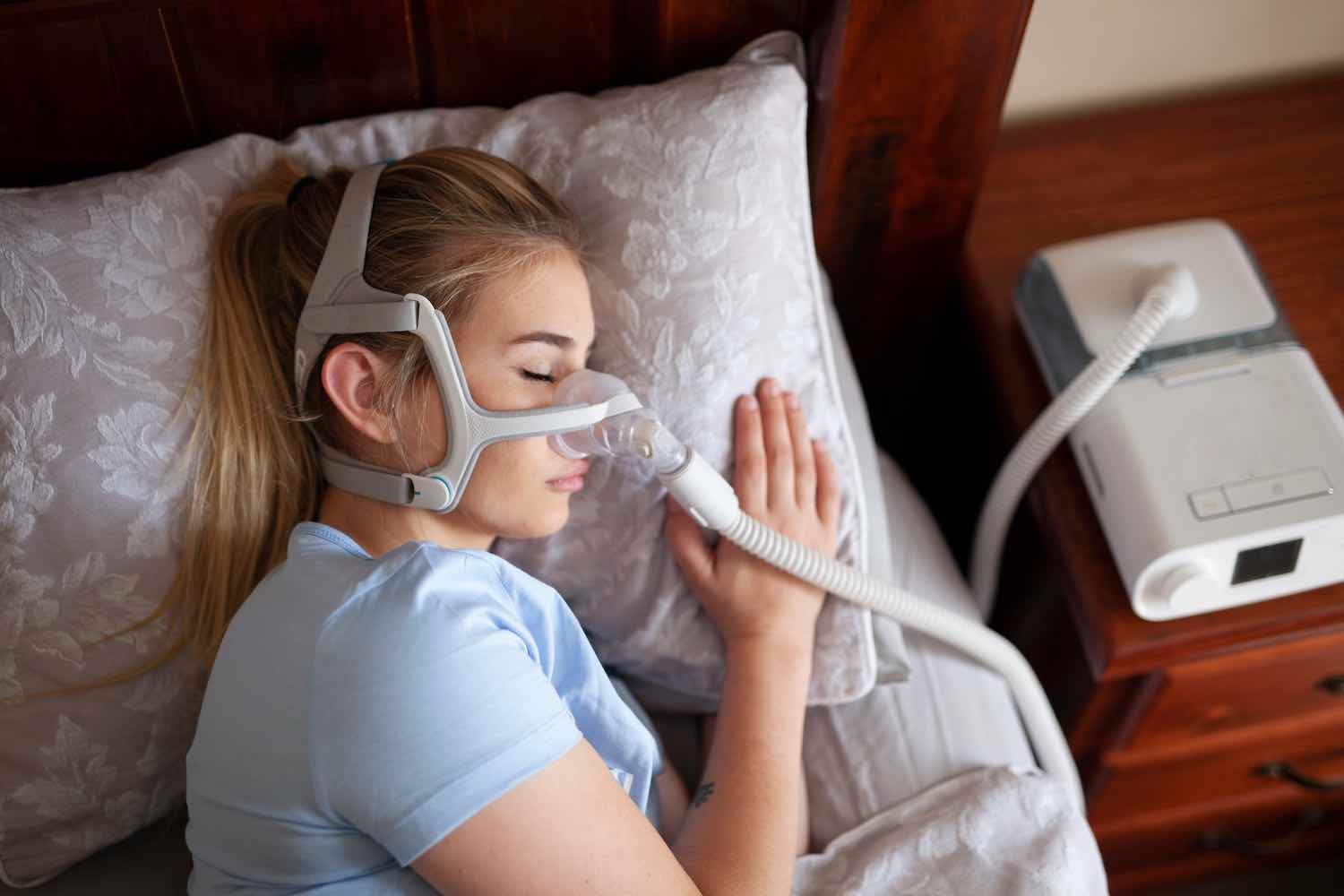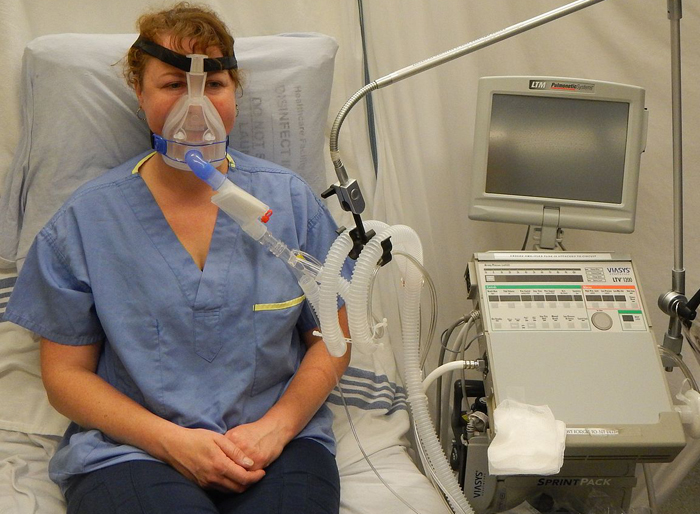Bipap vs. CPAP: Which Is the very best for Your Sleep Condition?
When navigating the complexities of rest disorders, the option between BiPAP and CPAP therapy is a vital consideration. While CPAP provides a steady air flow suitable for obstructive sleep apnea, BiPAP's twin pressure settings might boost convenience for those with even more detailed respiratory concerns.
Recognizing Sleep Disorders
Sleep disorders include a variety of conditions that disrupt regular sleep patterns, influencing both the quality and period of remainder. These conditions can manifest in various forms, including sleeplessness, rest apnea, narcolepsy, agitated leg syndrome, and parasomnias. Each condition offers distinct challenges, usually causing substantial daytime tiredness, cognitive problems, and emotional disturbances.
Insomnia is characterized by trouble dropping or remaining asleep, while sleep apnea includes duplicated disruptions in breathing during sleep, frequently bring about fragmented rest. Narcolepsy, on the various other hand, is marked by extreme daytime sleepiness and sudden rest attacks. Agitated leg syndrome creates unpleasant sensations in the legs, triggering an unmanageable desire to move them, which can likewise impede the ability to drop asleep.
The effect of rest conditions prolongs beyond private wellness, affecting total efficiency, relationships, and top quality of life. Comprehending the specific nature of each disorder is critical for efficient diagnosis and treatment. As rest health and wellness comes to be significantly identified as a vital part of total health, attending to these conditions is crucial for improving both sleep top quality and everyday functioning.
Just How CPAP Functions
Constant Positive Respiratory Tract Stress (CPAP) therapy is regularly employed as a key treatment for obstructive sleep apnea (OSA) The system of CPAP includes using a maker that delivers a constant stream of air with a mask used during sleep. This airflow preserves favorable pressure in the air passage, preventing the collapse or blockage of the throat that can take place throughout sleep.
When a person inhales, the CPAP equipment provides a constant flow of air, making certain that the air passage continues to be open - BiPAP Rental. This not just eases the signs of OSA, such as snoring and disrupted sleep patterns, yet likewise minimizes the associated wellness threats, consisting of cardio difficulties and daytime tiredness
The pressure setups on a CPAP equipment can be customized to fulfill specific patient needs, commonly identified via a rest research study. Clients normally go through titration studies to locate the ideal pressure level for their distinct problem. Normal follow-up and changes might be needed to make certain performance and comfort. In general, CPAP therapy has been revealed to substantially boost the high quality of rest and total health and wellness for individuals experiencing from obstructive rest apnea.
Just How BiPAP Works
BiPAP, or Bilevel Positive Respiratory Tract Stress, is a specific type of non-invasive ventilation that is especially beneficial for individuals with problems such as intricate rest apnea or breathing disorders. Unlike CPAP, which provides a constant stream of air at a single pressure, BiPAP supplies two distinctive stress settings: a higher inspiratory stress for inhalation and a reduced expiratory stress for exhalation. This dual-pressure strategy allows for much easier breathing, minimizing the initiative required throughout exhalation.
The gadget runs with a mask fitted over the nose or mouth, linked to a machine that creates air stress. When the person breathes in, the equipment supplies the higher pressure to aid with air movement, ensuring that the air passage stays open. Upon exhalation, the device instantly reduces the pressure, making it much more comfortable for the person to take a breath out.

Key Differences Between BiPAP and CPAP

On the other hand, BiPAP (Bilevel Positive Air passage Stress) supplies 2 various stress settings: one for breathing and a lower one for exhalation. This double stress system permits even more comfy breathing, particularly for patients that deal with exhaling versus a continuous stress. BiPAP is usually advised for clients with complex sleep apnea, persistent obstructive pulmonary illness (COPD), or those who need extra assistance during sleep.
Additionally, the intricacy of BiPAP gadgets normally leads to a greater price and requires a lot more mindful titration than CPAP. BiPAP Rental. Comprehending these key distinctions can help in acknowledging which tool might be better for details sleep conditions, setting the foundation for informed therapy choices
Choosing the Right Therapy
How can one visit this page determine one of the most suitable view publisher site therapy for taking care of rest conditions? The decision between BiPAP and CPAP therapy mainly rests on the certain attributes of the sleep problem, the client's total health and wellness, and their convenience with the tool. CPAP, which delivers a continuous stream of air, is frequently suggested for obstructive rest apnea (OSA) It preserves an open air passage during rest, effectively preventing hypopneas and apneas.
Conversely, BiPAP provides two levels of stress: one for inhalation and a reduced one for exhalation. This twin pressure system is valuable for people with complex rest apnea or those who experience problem breathing out against a continual stress. In addition, BiPAP is usually advised for people with respiratory conditions, such as chronic obstructive pulmonary illness (COPD), where varying pressure setups can boost comfort and compliance.
Eventually, a comprehensive analysis by a sleep expert, consisting of a sleep research study, can aid determine which therapy straightens best with the client's demands. Factors such as comfort, convenience of usage, and specific medical problems need to also be thought about to optimize treatment outcomes.
Verdict
In recap, both BiPAP and CPAP offer distinctive objectives in the management of sleep disorders. CPAP works for obstructive sleep apnea through constant air flow, while BiPAP uses double pressure settings that improve comfort for those with complex sleep apnea or breathing problems. The selection in between these treatments need to be directed by individual demands and conditions, requiring a comprehensive evaluation by a sleep professional to make certain optimum therapy results and improved top quality of rest.

On the whole, CPAP treatment has been shown to substantially boost the top quality of sleep and overall health and wellness for individuals experiencing from obstructive rest apnea.
BiPAP is usually recommended for clients with complicated sleep apnea, persistent obstructive lung condition (COPD), or those that call for added assistance throughout rest.
CPAP is reliable for obstructive sleep apnea through consistent air flow, while BiPAP uses twin stress setups that boost comfort for those with complex sleep apnea or respiratory issues.
Comments on “Conserve Cash with Convenient BiPAP Rental Strategies”